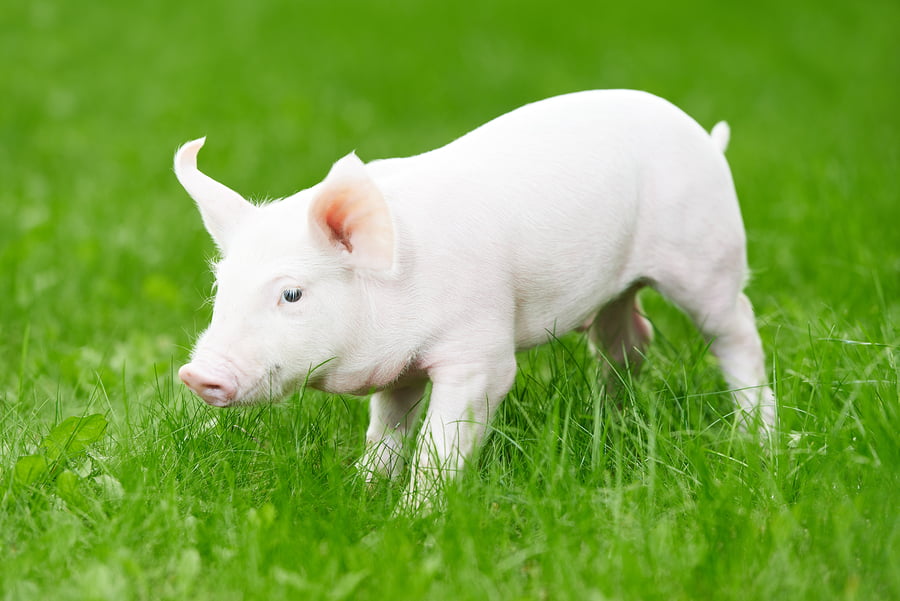According to the World Health Organization, about 37 million people worldwide live with type 1 diabetes. In type 1, the immune system attacks insulin-producing pancreatic islets, which in turn stop producing the hormone. This leads to increased blood and urine glucose levels in sufferes.
Current treatment of type 1 diabetes revolves around daily insulin administration. Unfortunately this treatment is both a regular inconvenience as well as ineffective in many cases. The alternative remedy is transplants of pancreatic islets. These can be problematic though, both because there is a shortage of human donors and because often the patients’ immune system begins to attack the donated graft.
Related articles
- The Same Immune System That Fights Chronic Inflammation Can Also Turn On The Body
- Dario Turns Diabetics’ Smartphones Into Trendy Glucometers
A research team at Ben Gurion University, led by Doctor Eli Lewis, has now found a viable solution to these problems. As Doctor Lewis explains, “This [new] approach may be applicable in the near future for the purpose of pig-to-human islet transplantation, a procedure currently examined in several clinical trials around the world.”
Weakening the immune system on purpose
Using pigs as donors would solve the shortage issue, but the body’s immune response is much more aggressive against grafts taken from another species. Until the BGU study, there was no known way to encourage the body to accept an islet transplant taken from a pig.
But now, Doctor Lewis and his team have been successful in protecting islet grafts by using a natural protein found in our blood, called alpha 1-antitrypsin. Alpha 1 is an anti-inflammatory circulating protein that increases in abundance when we are sick. The team found evidence of microscopic changes inside already transferred graft samples that suggested that alpha 1 might need help from other immune-related therapies in order for it to overcome the immune response to inter-species grafts.
They turned to a pre-existing, and proven-to-be-safe regimen of temporary T-cell depletion, a type of white blood cell that plays a central role in immune responses. This regimen is a therapy used on patients just prior to organ transplantation. Upon introduction of a cocktail of antibodies, the recipient’s T-cells are abolished and new T-cells repopulate.
The BGU team found that when alpha 1 was administered to animals in combination with the T-cell treatment, islet grafts were accepted between species. This could provide hope not just for the millions of type 1 diabetes sufferers, but also to a variety of patients who are in need of transplants. The study’s revelations were published in a report in PLos ONE, a peer-reviewed scientific journal.
Photo: Young piglet on green grass by Bigstock
Related posts

Israeli Medical Technologies That Could Change The World

Harnessing Our Own Bodies For Side Effect-Free Weight Loss

Missing Protein Could Unlock Treatment For Aggressive Lung Cancer




Facebook comments